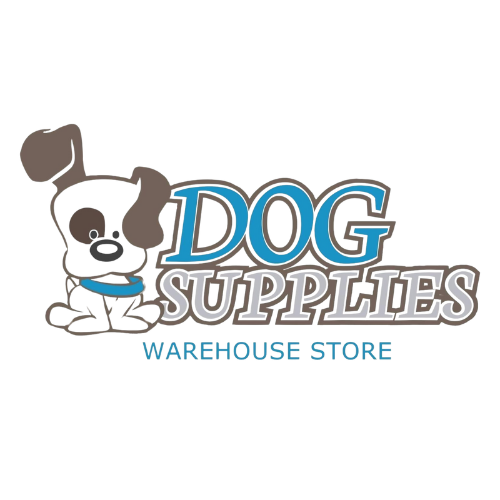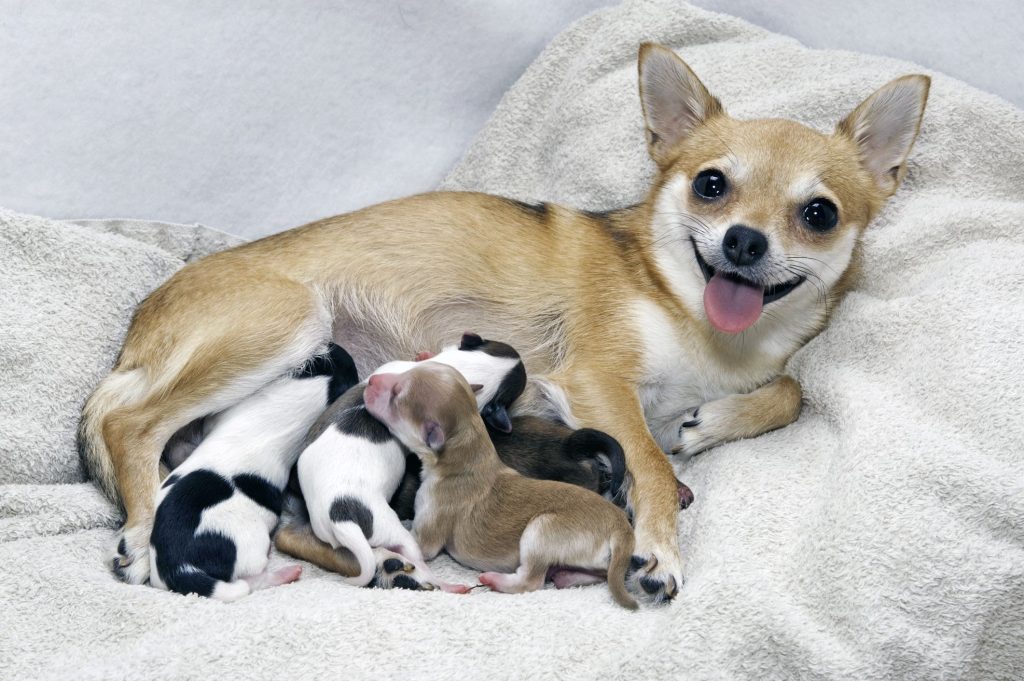Bringing new life into the world is a monumental event, especially for a mother dog. Proper care during and after birth is crucial to ensure the health and well-being of both the mother and her puppies. This article delves into the essential steps for preparing for birth, caring during labor, immediate post-birth care, and ongoing postpartum care.
Preparation Before Birth
Creating a whelping area is the first step in preparing for the birth of puppies. The ideal whelping area is quiet, comfortable, and easily accessible, providing a safe space for the mother dog. Cleanliness is paramount in this area to prevent infections and ensure the safety of the newborn puppies. A well-prepared whelping area helps the mother dog feel secure and reduces stress during labor.
Gathering supplies is another critical aspect of preparation. Essential items include clean towels, a heating pad to keep the puppies warm, and medical supplies such as antiseptic and scissors. Each item has a specific purpose in aiding the birthing process and ensuring the health of both the mother and her puppies. Having these supplies ready can make the birthing process smoother and less stressful.
Monitoring the health of the mother dog leading up to the birth is essential. Regular vet check-ups ensure that the mother dog is healthy and ready for labor. Watching for signs that indicate the mother dog is nearing labor, such as nesting behavior and a drop in body temperature, can help you be prepared for the birthing process. Understanding these signs ensures you can provide timely assistance when needed.
Care During Labor
Recognizing the signs of labor is crucial for providing the necessary support during the birthing process. Early signs include nesting behavior, restlessness, and a drop in body temperature. Labor occurs in three stages: the first stage involves the cervix dilating, the second stage is the delivery of puppies, and the third stage is the expulsion of the placentas. Knowing what to expect in each stage can help you stay calm and prepared.
Assisting with the birth may be necessary in certain situations. While it’s generally best to let nature take its course, there are times when intervention is needed. For instance, if a puppy is stuck in the birth canal or labor is prolonged, you may need to assist. It’s important to have guidelines on when to assist and how to do so safely. Consulting with a veterinarian beforehand can provide you with the knowledge and confidence to handle these situations.
Staying calm and observant during labor is essential. Providing reassurance to the mother dog can help her remain calm and focused. Observing without interfering too much ensures that you can step in if necessary but allows the natural process to proceed smoothly. Keeping a close eye on the mother dog and her puppies ensures that any issues are quickly identified and addressed.
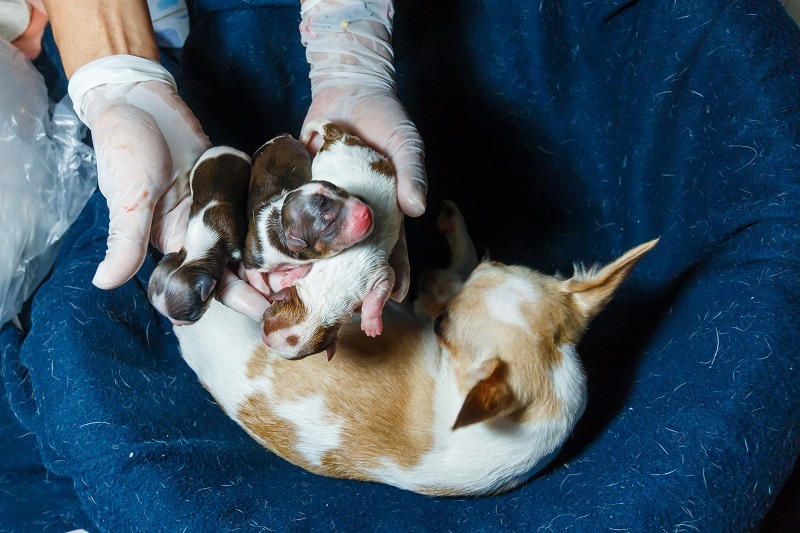
Immediate Post-Birth Care
Caring for the puppies immediately after birth is crucial for their survival and health. Ensuring that each puppy is breathing and nursing is the first priority. Sometimes, weak or struggling puppies need extra help, such as gentle rubbing to stimulate breathing or guiding them to the mother’s teat for nursing. Providing this initial care sets the foundation for their growth and development.
Cleaning and comforting the mother dog after birth is equally important. Cleaning her and the whelping area ensures a sanitary environment, reducing the risk of infections. Comforting the mother dog with gentle words and petting can help her relax and recover from the birthing process. A comfortable and clean environment supports her overall well-being.
Monitoring the health of both the mother dog and her puppies is essential in the hours and days following the birth. Watch for signs of potential complications such as excessive bleeding, lethargy, or puppies not nursing properly. A vet check-up within the first 24 hours can help identify any issues early and ensure that both the mother and her puppies are healthy.
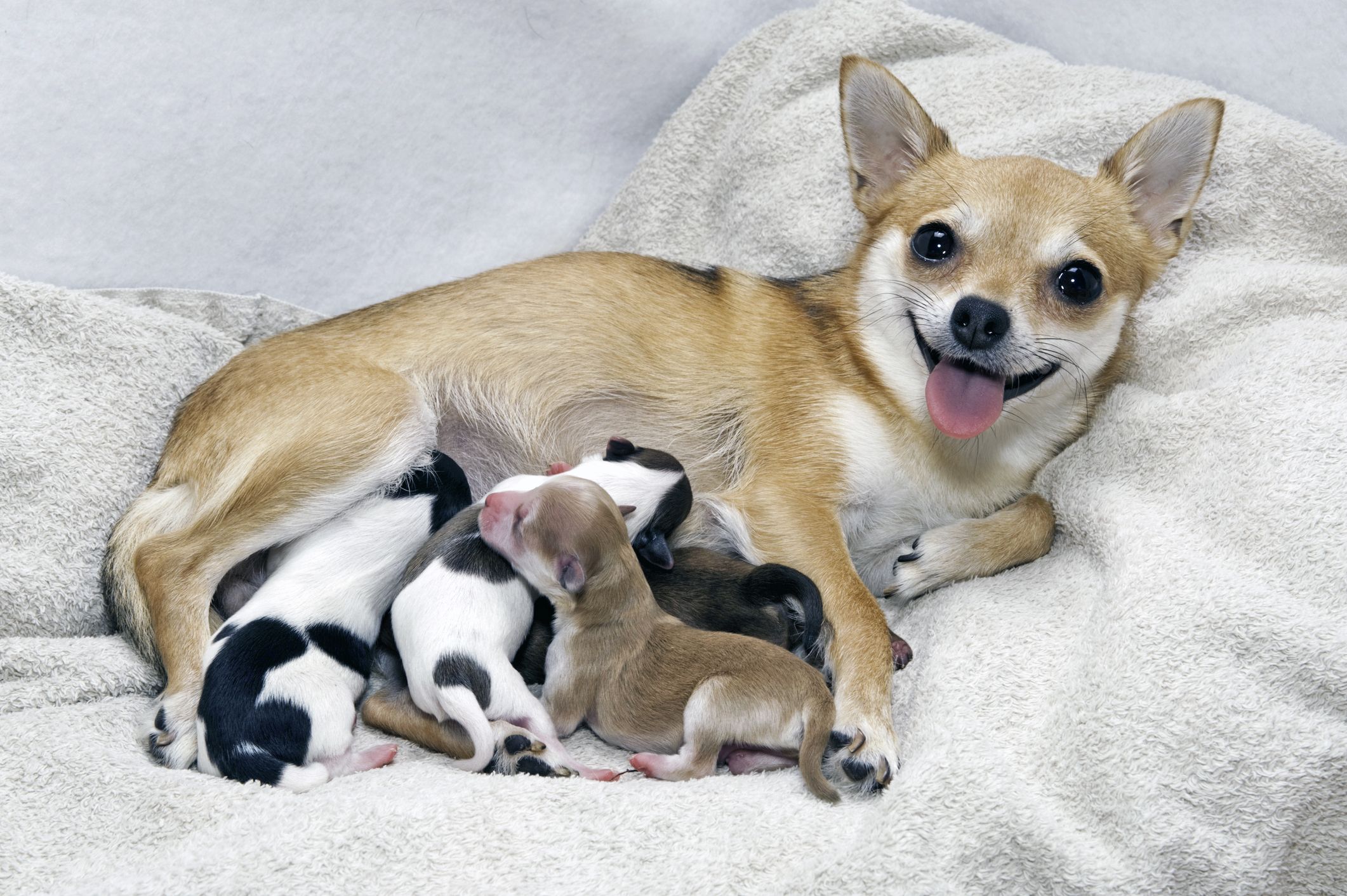
Ongoing Postpartum Care
Nutrition and hydration are paramount for a lactating mother dog. Her dietary needs increase significantly, requiring a diet rich in protein, fat, and calcium. High-quality commercial dog food formulated for lactating dogs provides the necessary nutrients. Constant access to clean water is also crucial, as dehydration can affect milk production and overall health.
Rest and recovery are vital during the postpartum period. Providing a quiet and comfortable space for the mother dog to rest helps her recover from the birthing process. Limiting visitors and disturbances ensures that she can bond with her puppies and recover without stress. A peaceful environment supports her physical and emotional well-being.
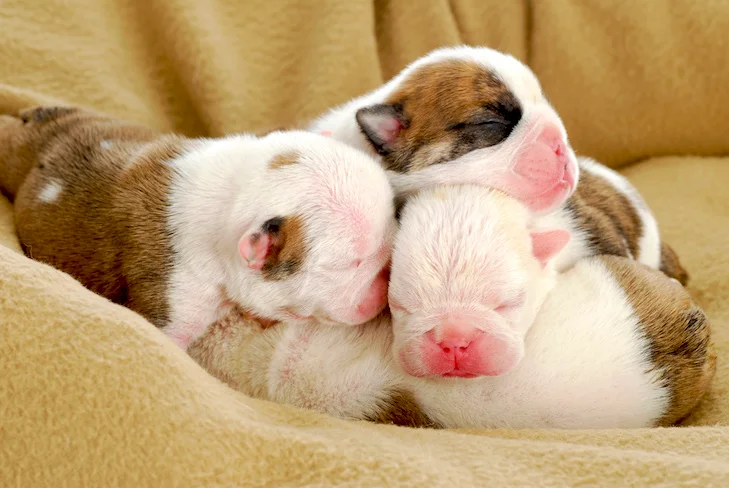
Monitoring the puppies’ growth and development is an ongoing responsibility. Regularly weighing the puppies and observing their behavior helps ensure they are thriving. Signs of health issues, such as failure to gain weight or difficulty nursing, should prompt a visit to the veterinarian. Early intervention can prevent minor issues from becoming serious problems.
Regular veterinary check-ups for both the mother and her puppies are essential. These check-ups ensure that the mother dog is recovering well and that the puppies are developing properly. Vaccinations and health checks in the first few weeks of the puppies’ lives protect them from diseases and ensure a healthy start to life.
In conclusion, taking care of a mother dog when she gives birth is a comprehensive process that requires preparation, attention, and ongoing care. By creating a suitable whelping area, gathering necessary supplies, and monitoring the mother dog’s health, you can ensure a smooth birthing process. Providing immediate post-birth care and ongoing postpartum support, including proper nutrition, rest, and veterinary check-ups, is crucial for the health and well-being of both the mother dog and her puppies. Being proactive and attentive during this critical period will result in healthy and happy dogs, ready to thrive in their new lives.

After 5 years in a high pace business management role, I partnered with an e-commerce developer to start building Dog Supplies Warehouse.
Our number one goal is to make sure all products are managed and delivered to our customers door fast and accurately.
